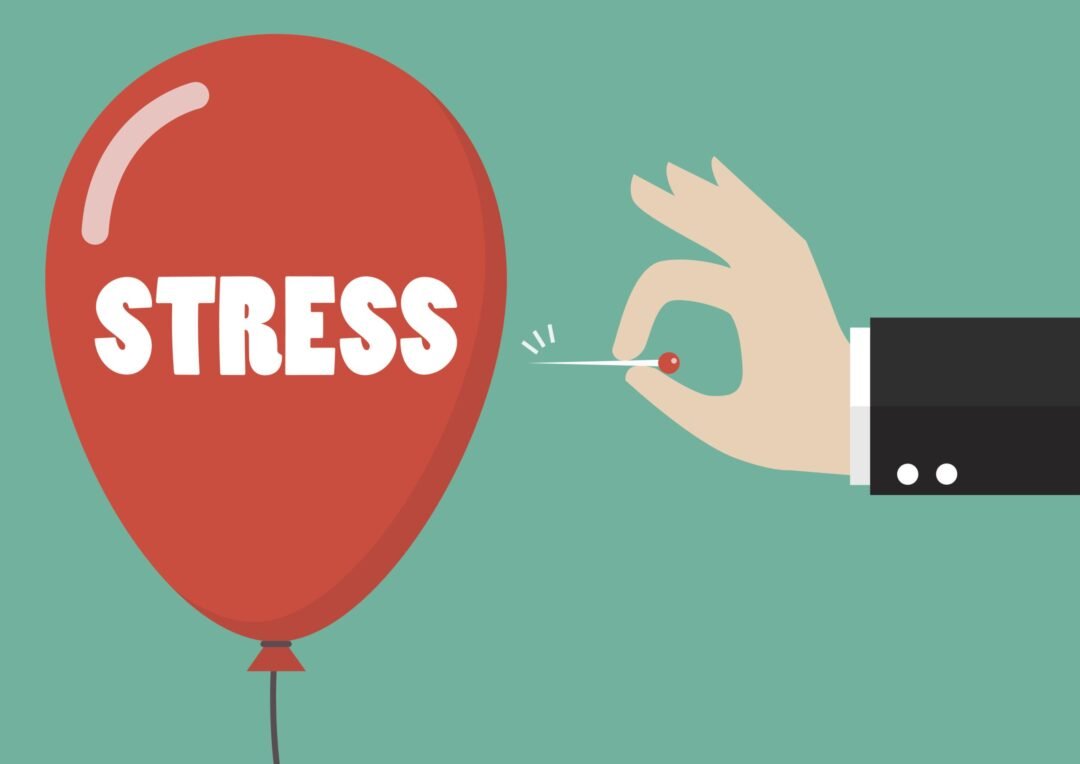In today’s fast-paced world, stress has become an almost ubiquitous part of our lives. Juggling work, family responsibilities, and social obligations can feel overwhelming, leaving us craving peace and tranquility. Fortunately, numerous effective stress relief techniques can help you find calm amidst the chaos. Here are some practical strategies to incorporate into your everyday life.
1. Mindful Breathing
One of the simplest yet most effective ways to reduce stress is through mindful breathing. This technique involves focusing your attention on your breath and intentionally slowing it down. To practice mindful breathing, find a quiet space where you can sit or lie down comfortably.
Close your eyes and take a deep breath in through your nose, allowing your abdomen to expand. Hold your breath for a moment, then exhale slowly through your mouth. Repeat this process for a few minutes, concentrating solely on your breath. This practice not only calms the mind but also helps lower heart rate and blood pressure.
2. Physical Activity
Exercise serves as an effective antidote to stress. When you participate in physical activities, your body produces endorphins—natural hormones that enhance your mood and foster a sense of well-being. Whether you prefer taking a brisk walk, joining a yoga class, or attending a dance session, it’s important to find an activity that you enjoy and incorporate it into your routine.
Aim for at least 30 minutes of moderate exercise most days of the week. If you’re short on time, even quick bursts of activity can uplift your mood and alleviate stress. In Lehi, numerous fitness classes are available to help you stay active and engaged, making it easier than ever to prioritize your well-being.
3. Connect with Nature
Spending time outdoors can significantly enhance your mental well-being. Nature has a calming effect on the mind and body, helping to reduce stress levels. Take a moment to step outside, whether it’s for a walk in the park or simply sitting in your backyard.
Engage your senses by noticing the sights, sounds, and smells around you. Research shows that spending just 20 minutes in nature can lower cortisol levels, the hormone associated with stress.
4. Practice Gratitude
Cultivating a mindset of gratitude can be a transformative practice for reducing stress. When you focus on the positive aspects of your life, it shifts your perspective and diminishes negative thoughts. Consider starting a gratitude journal where you jot down three things you’re grateful for each day. This simple exercise can help you appreciate the little joys in life and foster a more optimistic outlook.
5. Limit Screen Time
In our digitally connected world, it’s easy to become overwhelmed by constant notifications and information overload. Limiting screen time, especially before bed, can help reduce stress and improve sleep quality.
Set boundaries around technology use, designating certain hours as “screen-free” times. Instead, engage in relaxing activities like reading a book, meditating, or spending quality time with loved ones. This will not only help clear your mind but also enhance your overall well-being.
6. Explore Mindfulness Meditation
Mindfulness meditation is a powerful tool for managing stress and promoting emotional resilience. This practice involves focusing on the present moment without judgment. You can start with just a few minutes a day, gradually increasing the duration as you become more comfortable.
Find a quiet space, sit comfortably, and pay attention to your breath or a specific mantra. When your mind wanders (as it inevitably will), gently bring your focus back to your breath or mantra. Over time, this practice can help you develop a greater sense of calm and reduce anxiety.
7. Get Enough Sleep
Adequate sleep is crucial for managing stress and maintaining overall health. Lack of sleep can heighten stress levels and negatively impact your mood. Aim for 7-9 hours of quality sleep each night. Establish a bedtime routine that promotes relaxation, such as dimming the lights, reading a book, or taking a warm bath. Avoid caffeine and screens in the hours leading up to bedtime to create a conducive sleep environment.
8. Seek Social Support
Don’t underestimate the power of social connections when it comes to stress relief. Surrounding yourself with supportive friends and family can provide comfort and perspective during challenging times. Make it a point to connect with loved ones regularly, whether through phone calls, video chats, or in-person visits. Sharing your thoughts and feelings with someone you trust can lighten your emotional load and help you navigate stress more effectively.
9. Engage in Hobbies
Pursuing hobbies and interests can serve as an excellent escape from daily stressors. Whether you enjoy painting, gardening, knitting, or cooking, engaging in activities you love can provide a sense of accomplishment and joy. Set aside time each week to indulge in your favorite hobbies, allowing yourself to unwind and recharge.
In Conclusion
Incorporating effective stress relief techniques into your daily life can lead to a greater sense of calm and overall well-being. Whether it’s practicing mindfulness, engaging in physical activity, or spending time in nature, these strategies can help you navigate the challenges of modern life with resilience. Remember, finding calm is a journey, and it’s essential to be patient with yourself as you explore what works best for you. Embrace these practices, and soon you’ll be well on your way to a more peaceful and balanced life.






